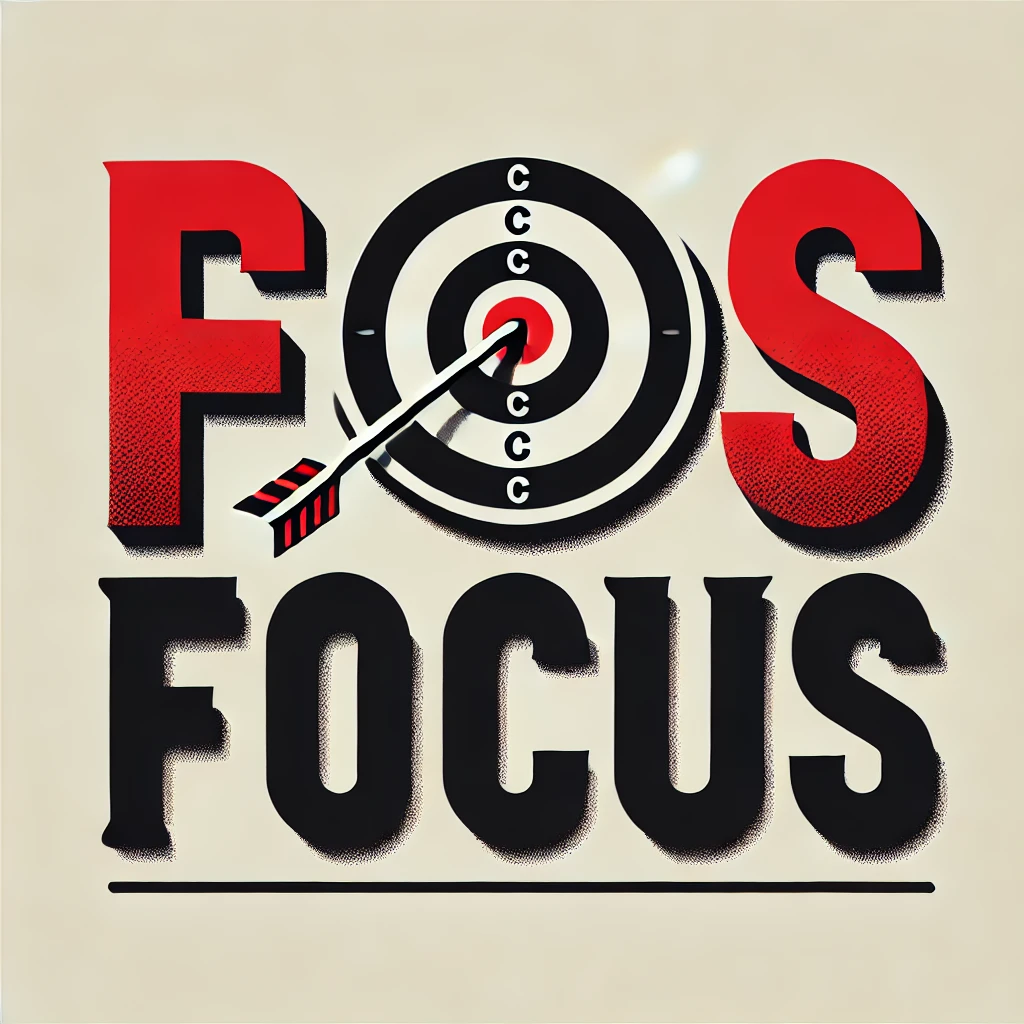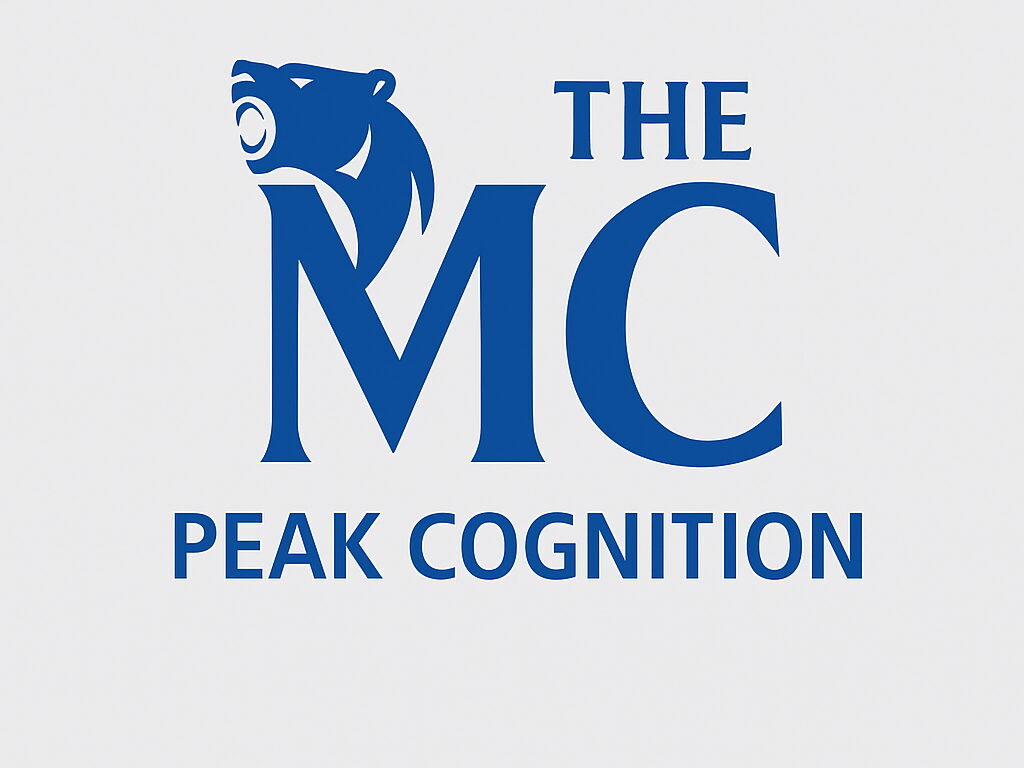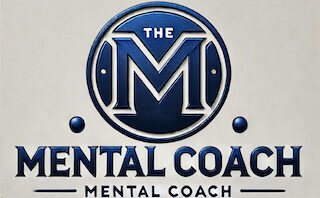
Today, we delve into the crucial element underpinning the success of any athlete: focus. While we often emphasize various techniques to enhance focus, it is vital to remember that these methods, no matter how sophisticated, are ineffective without the athlete’s intention and commitment.

Intention is the driving force behind every action, the invisible hand that guides an athlete’s journey. Without a genuine commitment, the most effective techniques will fall flat. It is the athlete’s willpower, their inner resolve to remain focused, that gives life to these methods.
However, intention alone is not enough. For an athlete to truly harness their intention, they must perceive autonomy and self-determination in their training and goal-setting. When athletes feel they have control over their training process and are actively involved in setting their goals, their intention becomes more powerful and enduring.
Consider mindfulness and meditation. These practices enhance focus, but their effectiveness hinges entirely on the athlete’s intention and sense of autonomy. When athletes choose to engage in these practices out of their own volition, they are more likely to immerse themselves fully, making the techniques far more effective.
The same applies to visualization. The power of this technique lies in the athlete’s willingness to engage their imagination and believe in the images they create. When athletes have the autonomy to visualize their success in ways that resonate personally, their focus and commitment are significantly enhanced.
Routines, feedback, and reflection sessions are also dependent on intention and a sense of self-determination. A pre-performance routine is effective only when the athlete is committed and feels it aligns with their personal goals. Constructive feedback and reflection are beneficial only when the athlete is genuinely intent on learning and improving, a mindset that flourishes when they feel ownership over their development.
Moreover, an athlete’s intention extends to their overall well-being. Proper nutrition, adequate rest, and stress management are fundamental to maintaining focus, but they require a conscious decision to prioritize these aspects. When athletes perceive autonomy in making these choices, their commitment to maintaining these habits strengthens.
In essence, while techniques provide the framework for improving focus, it is the athlete’s intention, bolstered by a sense of autonomy and self-determination, that animates this framework. Intention infuses techniques with meaning, turning them from mere actions into purposeful practices. It is the athlete’s inner drive, supported by their sense of control over their journey, that ultimately determines the success of any focus-enhancing strategy.
Therefore, as coaches, it is your responsibility not only to teach techniques but also to cultivate intention by fostering a sense of autonomy and self-determination. We must inspire athletes to connect deeply with their goals, commit wholeheartedly to their journey, and embrace mental practices with genuine intention. By doing so, we empower them to transform techniques into powerful tools for achieving unparalleled focus and success.

